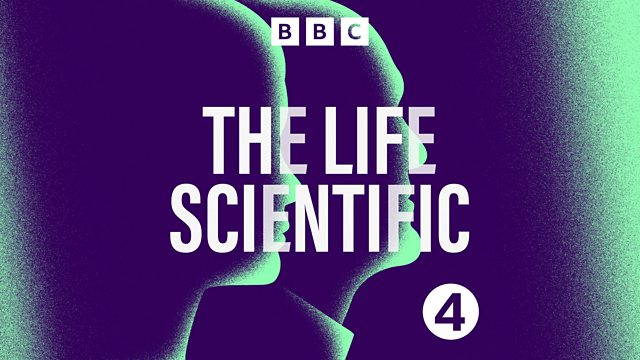Alex Antonelli on learning from nature's biodiversity to adapt to climate change
Alexandre Antonelli, Director of Science at Kew Gardens, tells Jim Al-Khalili how showing what made species evolve and migrate in the past can protect biodiversity in the future.
With the world's biodiversity being lost at an alarming rate, Alexandre Antonelli, Director of Science at the Royal Botanic Gardens, Kew, has made it his life's mission to protect it. He is a bio-geographer revealing how changes to the Earth's landscape, such as the formation of mountain ranges and rainforests, leads to the evolution of new species and causes plants, fungi and animals to move around the world.
His work is a masterclass in joined-up thinking, bringing together different fields of research by starting conversations between scientists who would rarely talk to one another. Together, they paint a more holistic picture of how our planet's biodiversity has developed in the hope of informing how we can protect it in the future.
Alex tells presenter Jim Al-Khalili about a life spent in the wild, beginning with his earliest memories of growing up in Brazil cataloguing life in the Atlantic Rainforest. That passion is still with him today. We've only scratched the surface of understanding what lives here on Earth, he says, more than 4,000 new species are found every year. Alex is passionate that we need to speed up the rate at which we document the richness of life, arguing if we don't identify what there is we can't protect it.
Presented by Jim Al-Khalili
Produced by Tom Bonnett
Last on
Broadcasts
- Tue 19 Sep 2023 09:00Βι¶ΉΤΌΕΔ Radio 4
- Tue 19 Sep 2023 21:30Βι¶ΉΤΌΕΔ Radio 4
Sleep – the mystery state
Is your mind a machine?
Daniel Dennett thinks so. Here is what we learned from his Life Scientific.
Podcast
-
![]()
The Life Scientific
Professor Jim Al-Khalili talks to leading scientists about their life and work.



